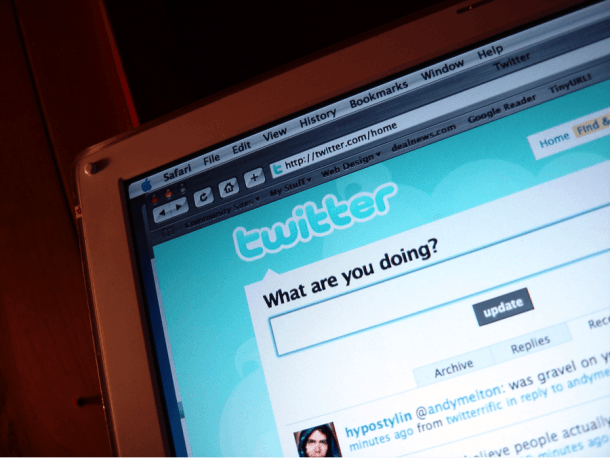As June approaches, graduating seniors are anxious to finish their final classes and finally dawn on those green caps and gowns. But then comes planning for life post-grad. Navigating job listings can often be frustrating. but Twitter can be a great way to find recent job postings. Here are six Twitter resources to help you land a great job:
1. Follow @PRSSANational. Lauren Rosenbaum, PRSSA Vice President of Public Relations, regularly tweets about internships and jobs that are on the PRSSA internship center.
2. Follow @SOJCCareers. The SOJC Advising Office tweets about many local jobs and internships, as well as some national opportunities.
3. Follow @ComeRecommended. Come Recommended is a content marketing and digital PR consultancy for job search and human resources technologies. They tweet helpful job-hunting strategies, and occasionally tweet about national job opportunities.
4. Follow companies that you want to work for. Sometimes those brands will post job openings, but even if they don’t, it is good to learn about that company and what a job might look like with them.
5. Follow professors such as @KelliMatthews. SOJC faculty members often tweet job search advice, as well as any local jobs and internships she learns about.
6. Follow job-listing aggregators, such as @marketjobsUSA, @comminternships, and @EntryPRJobs. These are excellent resources for the newest job listings across the country.
Even if you aren’t looking for a job, it’s helpful to know what sort of skills are necessary for your dream job. Take the time to browse current listings, identify the companies and positions that catch your eye, and make your job search efforts count.
Post by Aimee Gregg, UO PRSSA member for the 2012-2013 school year. You can contact Aimee through our blog editor at cgisler@uoregon.edu!





